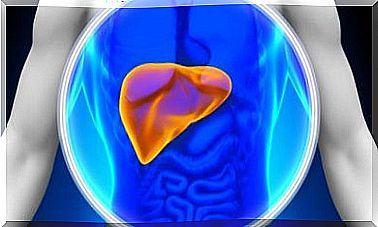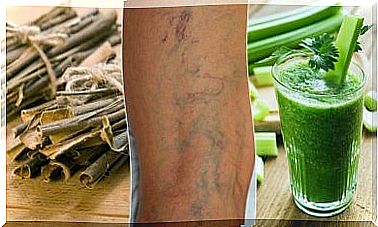Fever In Children: Know How To Act
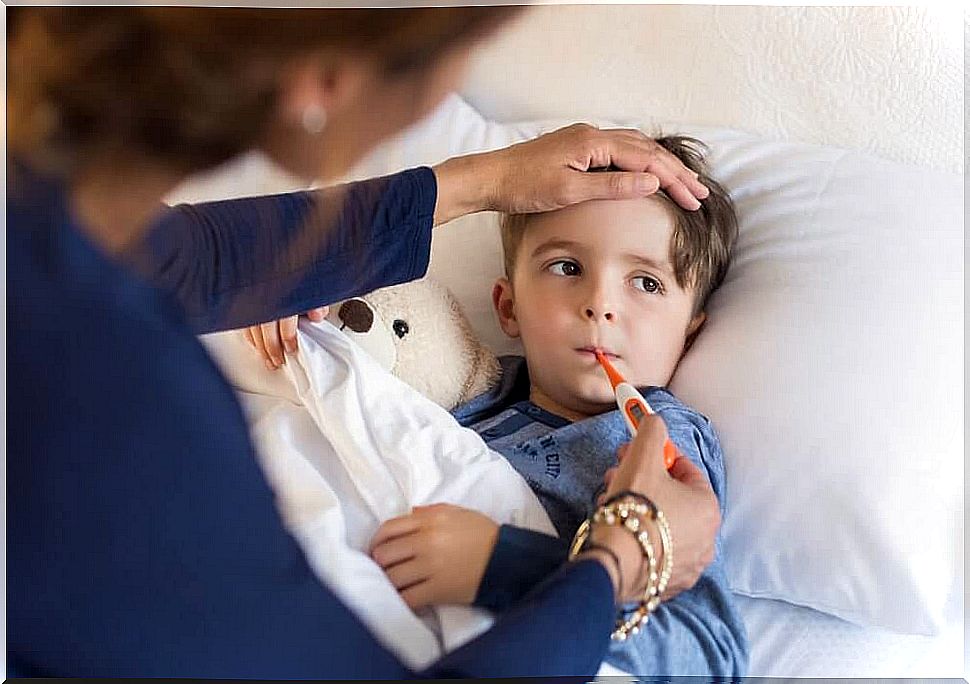
It is inevitable to feel concern about fever in children. Although it is a symptom that can arise from common problems, it is usually one of the main reasons for consultations in pediatric emergencies. How should we act in these cases?
As parents, it is very important that we learn to deal with this manifestation, as it is not always necessary to go to the doctor.
In fact, even though it has to do with an infection, most of the time it can be overcome at home with some basic care.
Check out some of them in this article.
Why does it give fever in children?
A fever is referred to when the body temperature is above 38°C. In the case of fever in children, it is due to viral or bacterial infections.
Despite being alarming, the reality allows the body to act positively against pathogens.
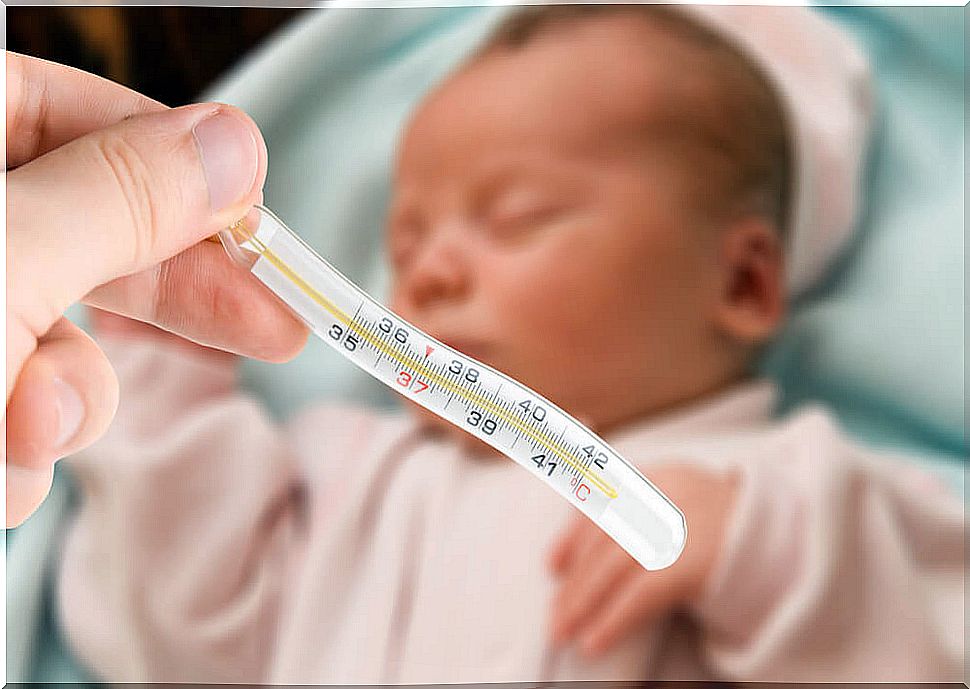
The most common triggers for this symptom are respiratory infections such as the flu and cold. However, it can originate from something that requires more care, for example, a urinary or ear infection. In small cases, detonators are serious diseases.
How to detect fever in children
A rise in body temperature is the hallmark of a child with a fever. However, because it often has underlying causes, it is often possible to identify other warning signs. Symptoms may include:
- Notoriously reddened cheeks
- Fast heartbeat or breathing
- Feeling cold or chills
- fatigue and weakness
- Pale skin
- Headaches
- general malaise
Is it necessary to treat fever in children?
Fever is always an indicator of some change in the body. Therefore, controlling it with medication may prevent the recognition of other symptoms that are key to diagnosis.
The functions of this symptom are to protect, defend and accelerate the children’s recovery process in the face of infectious processes. So, insisting on lowering the temperature can be unproductive.
Because of this, before trying any antipyretic or specific drug, it is advisable to follow other recommendations to keep the child calm and comfortable.
Thus, by not interrupting the defense mechanisms, an excellent recovery occurs.
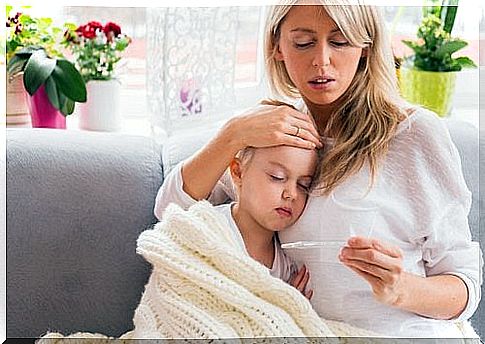
Recommendations for acting on a child with fever
Although the general recommendation is to let the fever pass, it is not necessary to ignore that the child feels unwell and requires certain care.
Inadequate symptom management can lead to the risk of complications. So, it is best to apply the following advice:
a warm water bath
For no reason should you try to lower your child’s temperature with cold water or ice packs. Sudden drops in temperature are harmful and interfere with fever’s functions as defense mechanisms.
However, a shower of warm water can provide well-being for the child.
healthy liquids
Fever may be accompanied by excessive sweating and dehydration. Therefore, providing healthy liquids such as water, natural juices or infusions can support the recovery process.
Ensure a fresh environment
One of the big mistakes when treating fever in children is to cover them too much. Although it is normal to apply this measure in cases of colds, it is not correct.
To keep the child comfortable, the ideal is to put on fresh clothes and keep them away from sources of heat. The higher the temperature, the less covered it should be.
Use medicine only if necessary
The use of antipyretic drugs is only recommended when the symptom is accompanied by general malaise or pain.
The drugs recommended by pediatricians are often ibuprofen and infantile paracetamol.
Doses vary depending on the child’s age and weight; so it is best to consult a doctor.
watch the temperature
The thermometer is an essential tool to act against fever in children.
It allows you to continuously monitor the temperature in case any complications arise.
If the levels are above 40°C it is essential to seek medical attention immediately.
Does your child experience any recurrent or prolonged fever? It is best to find out the cause.
Therefore, if after applying these recommendations you do not notice an improvement, request the pediatrician’s intervention.




